
How Supplements Can Help You Achieve Your Goals
Supplements are often misunderstood by the general public. They are either seen as a magic bullet solution to all of your needs, or they are seen as a completely useless product that has no real benefits. The truth is that supplements are well named. They are there to supplement your other good habits (exercise and diet), and they can be very effective at doing so. In this article, we will look at how supplements can help you achieve your goals.
 Why Fitness Influencers Can Be Misleading
Why Fitness Influencers Can Be Misleading
In recent years, there has been a growing anti-supplement movement in some parts of the fitness industry. With a number of personal trainers recommending against supplementation. There are many reasons for this, but the two main reasons are:
- Voicing controversial opinions helps people stand out
- Concern that people put too much faith into supplementation
The first reason is pretty self-explanatory. Saying “supplements can be effective, but don’t expect them to do all the work for you” is accurate, but it isn’t going to generate you any headlines in national newspapers is it?
Whereas “supplements are a waste of time” is controversial, polarising, and will get a lot of attention. But this misrepresentation of scientific fact is frustrating because it reduces a nuanced debate into right vs wrong.
Some supplements are debateable in their effectiveness, but most supplements can be beneficial when used correctly. Supplements such as creatine and whey protein have thousands of peer-reviewed studies that showcase their benefits.
The second reason is a much more noble reason, and one that most people can agree with. There is a certain type of person who will absolutely try to replace hard work with supplementation. This will rarely work out well, and it is this that many personal trainers oppose.
Getting those people to place their trust in diet and exercise is a sensible move. This puts supplementation into context and allows people to approach their goals with as many tools as they require.
Bottom line: Supplements work best when taken alongside a well-programmed workout and a healthy diet. Taken alone, they may not be effective, but to say that supplements are ineffective is untrue.
 Choosing Your Goals
Choosing Your Goals
If you are going to use supplements to help your dieting and exercise habits, then you need to decide what your overall goal is. Are you looking to build muscle? Lose weight? Or perhaps you are looking to improve your performance in a specific sport? There are other goals that you might have, but the vast majority of people will fit into one of these three categories.
Muscle Building
If you are looking to build muscle, then the first thing you will want to do is look at your current protein intake. Most people do not get enough protein in their diets as it is, but if you want to build muscle you need even more than usual. Adding protein to your meals, finding high-protein snacks, and having a whey (or vegan) protein shake after your workout are all good ways to build muscle.
If you are quite skinny, then you may need a high calorie protein/carbohydrate shake to help you create a calorie surplus. If you are slightly overweight, then this won’t be necessary (unless your training volume is very high).
A good pre-workout can help you to train harder and with more power, while creatine is amazing for improving performance. None of them are vital, you can build muscle without any supplement, but the ones mentioned can help give you that extra 5%, which can make a huge difference over time.
 Weight Loss
Weight Loss
Weight loss is mostly down to diet, creating a calorie deficit by consuming fewer calories, burning more calories (exercise), or ideally a combination of the two. Protein is incredibly important for weight loss as it can prevent muscle loss while in a calorie deficit, it can also help to raise your metabolism, and it is satiating, meaning that you will feel fuller for longer.
Finding high protein and lower calorie alternatives to your favourite treats is another excellent way to lose weight while eating the same amount of food. If you normally eat a 300 calorie chocolate bar each day and then switch to a 200 calorie protein bar you’ve saved yourself 700 calories per week. That’s 8,400 calories over the course of 12 weeks!
 Performance
Performance
This really depends on what sport you are aiming to improve in. The supplements that may suit a 100m sprinter, may not suit an ironman triathlete. But most performers will benefit from the following:
- Pre-workout
- Non-stim pre-workout
- Whey protein
- Creatine monohydrate
- Multivitamin or greens powder
The pre-workout is a good choice as it contains high levels of caffeine that has been shown to massively improve performance. The non-stim pre-workout is a caffeine-free version. It is good to cycle between high caffeine and zero caffeine as taking caffeine for too long can reduce the effectiveness as your body builds a tolerance.
Six weeks of stim-free pre-workout will help you to still train well and when you get back to the caffeine, you’ll see a marked difference.
The protein is for muscle repair, growth, and recovery. While the creatine has been explained before, it can help you to train harder and for longer. Multivitamins are very useful as athletes tend to use up more than regular people and therefore need top ups. A greens powder is a good alternative.
 Final Thoughts
Final Thoughts
Supplementation can make a huge difference to your results, but it needs to be used intelligently, and it needs to be used as part of a diet and exercise program. Not instead of one. Train hard, eat well, and take supplements to make your life a little bit easier.


 Why Fitness Influencers Can Be Misleading
Why Fitness Influencers Can Be Misleading Choosing Your Goals
Choosing Your Goals Weight Loss
Weight Loss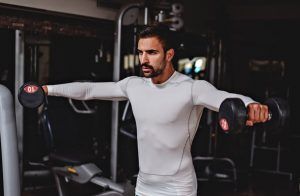 Performance
Performance Final Thoughts
Final Thoughts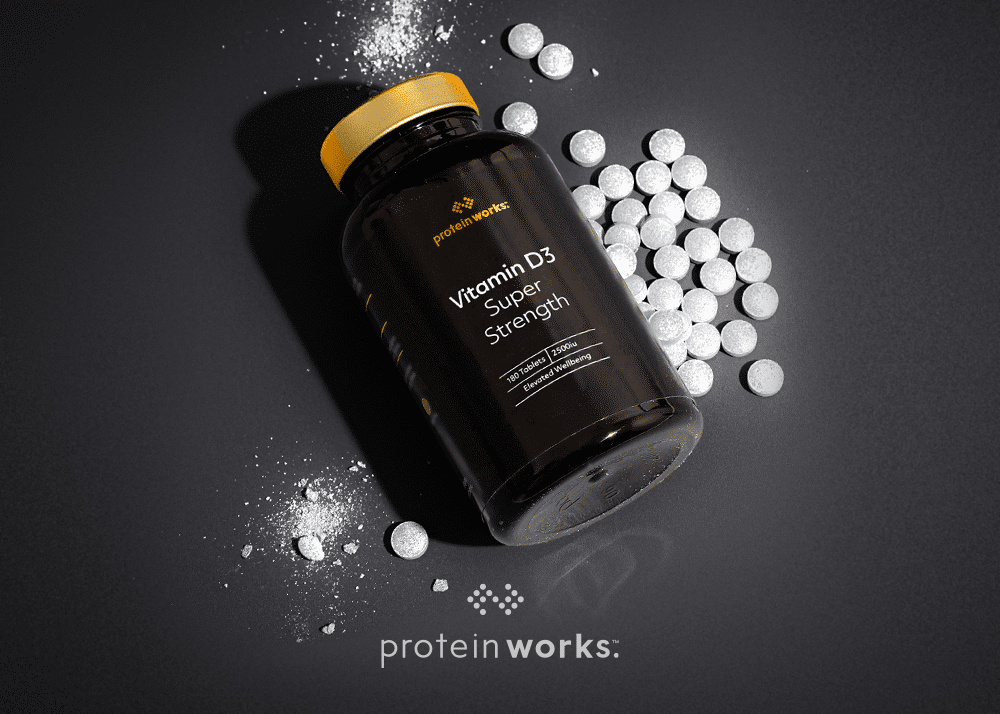
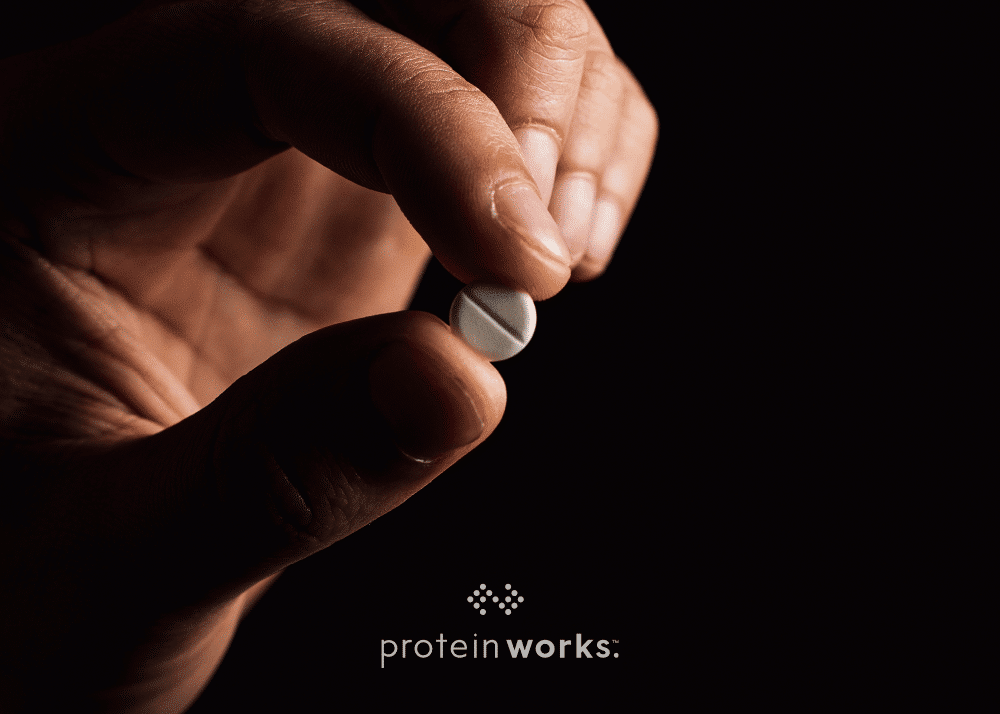
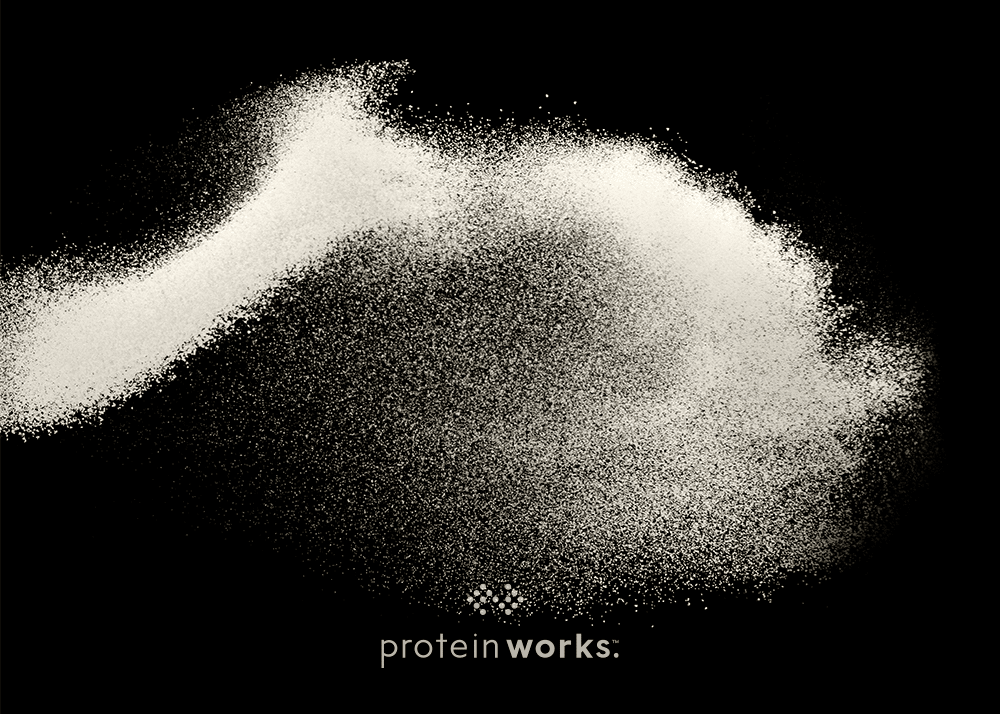
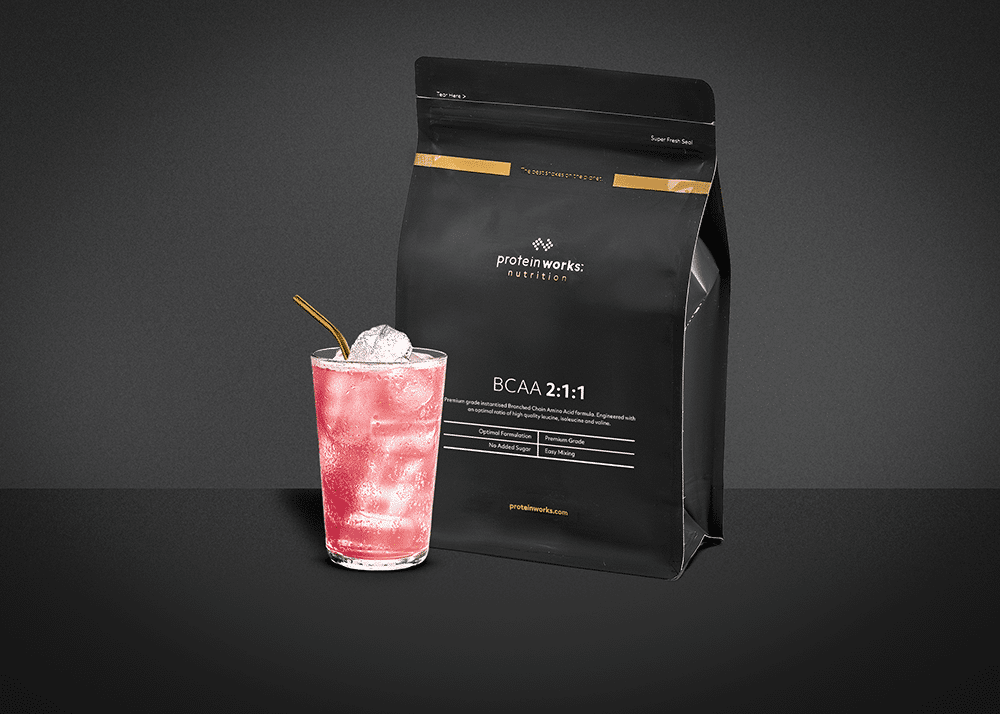
No Comments yet!